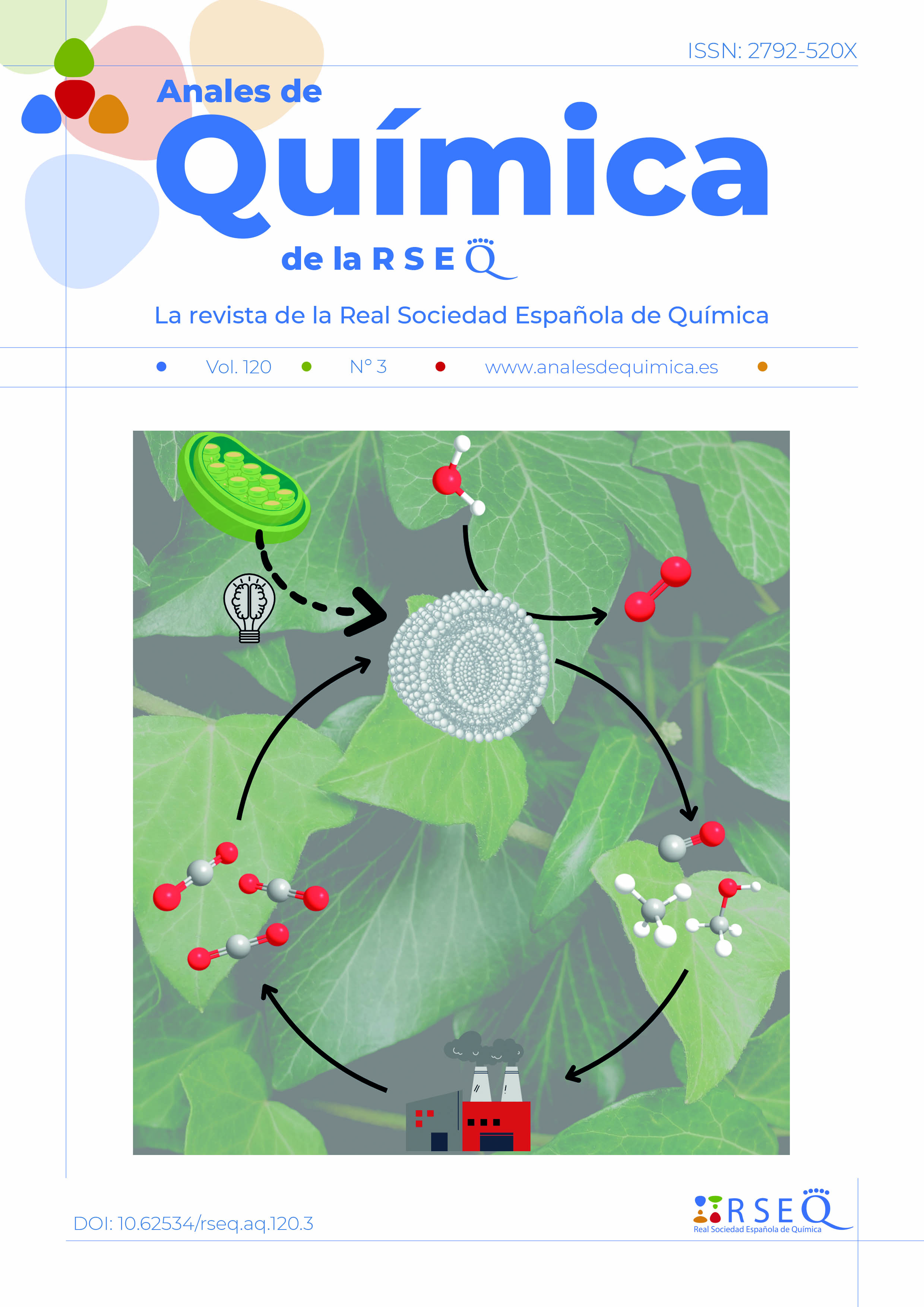Abstract
The characteristics of the subject "Communication and Dissemination of Science and Technology," implemented in 2017 and developed since then, are outlined in the Master's Degrees in Industrial and Chemical Engineering of the Universidad Politécnica de Madrid. Its objectives, learning outcomes, syllabus, and evaluation criteria are explained, along with a reflection on the results achieved based on student surveys and teaching practices. The subject covers a wide range of topics related to the language of science and technology (expression of results, vocabulary, information sources, etc.), ways to communicate and disseminate in these fields (articles, books, standards, patents, blogs, etc.), and aspects of their dissemination (fairs, exhibitions, events for children, museums, milestones in the history of science, etc.). All of this, along with examples of STS (Science-Technology-Society) approaches, shapes an elective subject that provides pathways for developing communication skills. The idea is to serve as an inspiration for the design of analogous subjects in other University science or technology degrees.
References
Alcázar, V.; Pinto, G. Recursos para la didáctica de las ciencias. En Experiencias y estrategias de innovación educativa en ciencia, tecnología, ingeniería y matemáticas (III); González Montero de Espinosa, M., Herráez Sánchez, A., Eds.; Grupo SM, 2023; pp. 11-16.
Alonso-Arévalo, J.; Saraiva, R.; Flórez-Holguín, R. Revistas depredadoras: fraude en la ciencia. Cuadernos de Documentación Multimedia 2020, 31, 1-6. https://doi.org/10.5209/cdmu.68498.
Brunning, A. Compound Interest. https://www.compoundchem.com/about/ (consultado: 03/09/2024).
Davis, M.; Davis, K. J.; Dunagan, M. Poster Presentations in Scientific papers and presentations; Academic Press, 2012. https://doi.org/10.1016/B978-0-12-384727-0.00017-3.
Delgado López-Cózar, E.; Martín-Martín, A. Detectando patrones anómalos de publicación científica en España (II). Las causas: el impacto del sistema de evaluación científica. An. Quím. RSEQ 2024, 120(2), 67-84. https://doi.org/10.62534/rseq.aq.1946.
García, Y.; Llamas, S.; García, P.; Paz, S. de. Condensación para ti, futuro para tus hijos; Fundación de la Energía de la Comunidad de Madrid y Editorial El Instalador, 2009. https://short.upm.es/qqc5a (consultado: 03/09/2024).
Könneker, C. Actor model of science communication, 2016. https://short.upm.es/op5te (consultado: 03/09/2024).
Onieva Morales, J. L. Curso básico de redacción: de la oración al párrafo; Verbum, 2006.
Pinto G. et al. Diseño e implementación de rutas divulgativas STEAM en Madrid: Un proyecto de Aprendizaje-Servicio (No. COMPON-2023-CINAIC-0009). Universidad de Zaragoza, Servicio de Publicaciones, 2023. https://zaguan.unizar.es/record/131922.
Pinto, G. A passion for chemistry: Historical and current references in recreational chemistry and implications for teaching and outreach. Metode Science Studies J. 2024, 15, 55-63. https://doi.org/10.7203/metode.15.27481.
Pinto, G. The Bologna Process and Its Impact on University-Level Chemical Education in Europe. J. Chem. Educ. 2010, 87(11), 1176-1182. https://doi.org/10.1021/ed1004257.
Pinto, G. La Tabla Periódica Como Recurso Imprescindible Para el Aprendizaje y la Divulgación de las Ciencias. Educación en la Química 2019, 25(2), 17-52.
Pinto, G.; Garrido-Escudero, A. Chemistry and Explosives: An Approach to the Topic through an Artistic and Historical Contribution Made by a Spanish Global Explosives Supplier. J. Chem. Educ. 2016, 93(1), 103-110. https://doi.org/10.1021/acs.jchemed.5b00079.
Pinto, G.; Martín, M.; Martín, M. T. Las Conferencias Solvay: una oportunidad para la didáctica (parte I). ConCIENCIAS.digital: Revista de Divulgación Científica de las Facultad de Ciencias de Zaragoza 2015, 16, 46-63.
Pinto, G.; Martín, M. Martín, M. T. Las Conferencias Solvay: una oportunidad para la didáctica (parte II). ConCIENCIAS.digital: Revista de Divulgación Científica de las Facultad de Ciencias de Zaragoza 2016, 17, 4-21.
Revuelta, G.; Llorente, C.; Saladie, N. La comunicación científica en España; Fundación Española para la Ciencia y la Tecnología (FECYT), 2023.
Rossiter, M. W. The Matthew Matilda Effect in Science. Soc. Stud. Sci. 1993, 23(2), 325-341. https://doi.org/10.1177/030631293023002004.
Velasco, P. ; Requena, M. Careaga, P. La maquinista valiente que no temía lo nuevo. Proyecto de relatos infantiles "No me cuentes cuentos". https://short.upm.es/9b8h4 (consultado: 03/09/2024).

This work is licensed under a Creative Commons Attribution-NonCommercial-ShareAlike 4.0 International License.
Copyright (c) 2024 Anales de Química de la RSEQ


